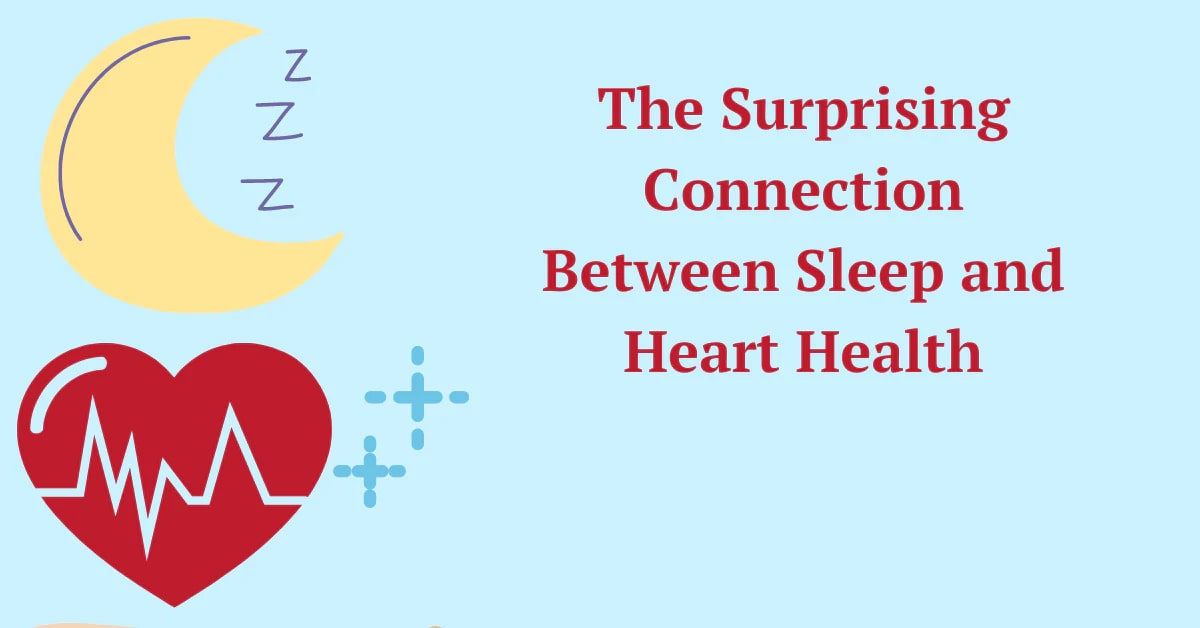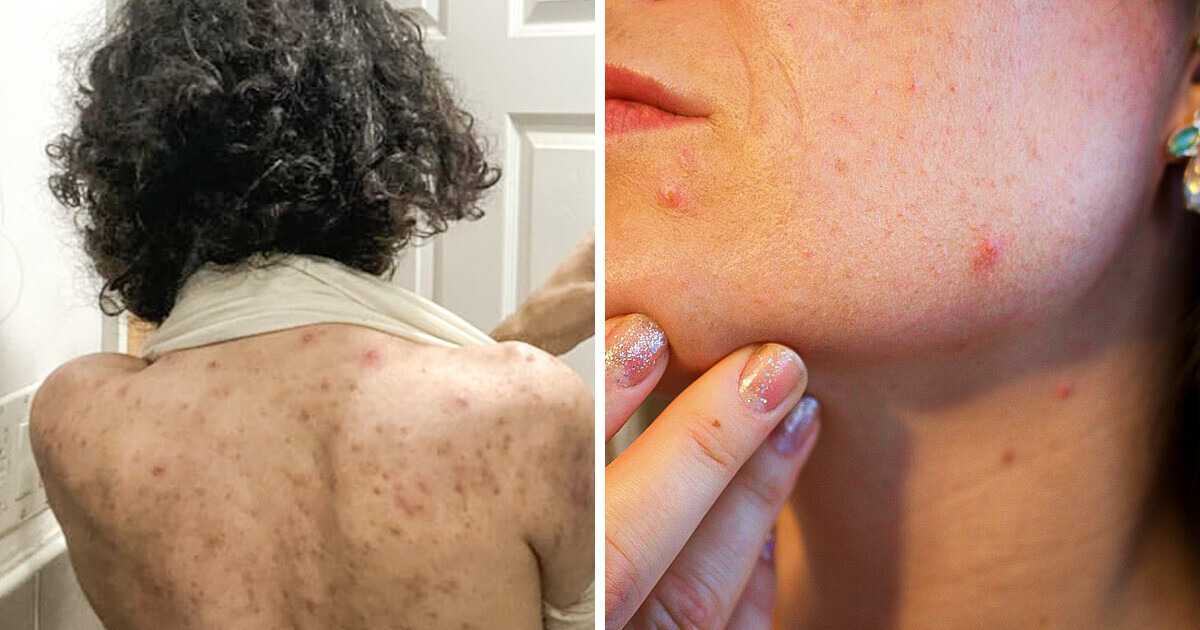Maintaining good personal hygiene is crucial for overall health, confidence, and well-being. Yet, many people unknowingly commit daily hygiene mistakes that can negatively impact their health and appearance. From nail biting as a stress-reliever to overusing certain skin care products, these common habits can lead to infections, skin irritations, and long-term health issues.
In this article, we’ll explore 10 personal hygiene mistakes you may be making and provide expert advice on how to correct them. We’ll cover everything from nail care and oral hygiene to the often-overlooked importance of cleaning everyday items. Let’s dive in and learn how to refine your personal hygiene routine for a healthier, happier life.
Hygiene Practices That Are Actually Disgusting
Biting Your Nails: A Stress Coping Mechanism That Hurts Your Health

Biting your nails is a common response to stress and anxiety. Although it might seem like a harmless habit, nail biting can have significant consequences for your health. When you bite your nails, you risk transferring bacteria and viruses from your fingers to your mouth, which can lead to infections such as paronychia (an infection of the skin around the nail). Moreover, this habit can damage the nail bed, leading to deformed nails and potential long-term issues.
Experts recommend replacing nail biting with healthier stress management techniques. Activities like deep breathing exercises, meditation, or even keeping your hands busy with a stress ball can help reduce the urge to bite your nails. For more information on stress management techniques, check out the American Psychological Association.
Cotton Swabs for Ear Cleaning: A Risky Habit That Can Harm Your Ears
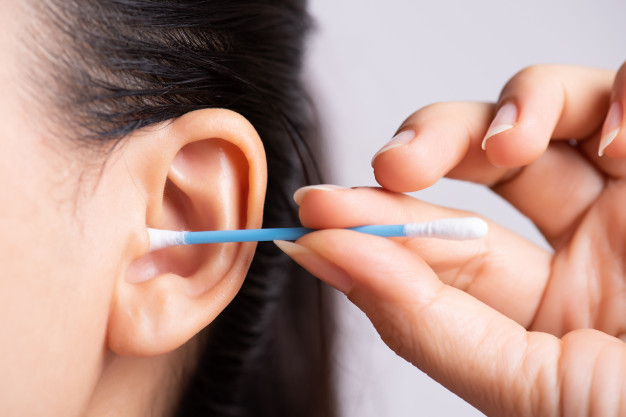
Many people use cotton swabs as their go-to method for cleaning their ears. However, using cotton swabs can actually push earwax deeper into the ear canal, potentially causing blockages or even damaging the delicate structures of your inner ear. Inserting foreign objects into your ears may also lead to infections or irritation.
According to the Mayo Clinic, it is best to let your ears self-clean naturally. If you experience discomfort or suspect excessive wax buildup, consider visiting a healthcare professional rather than attempting to clean your ears with cotton swabs. Using safer alternatives or simply allowing nature to take its course is the best way to maintain proper ear hygiene.
Not Washing Your Hands After Using the Restroom: A Major Hygiene Oversight
One of the simplest yet most critical personal hygiene practices is washing your hands after using the restroom. Failing to do so can result in the spread of harmful bacteria and viruses, which can cause illnesses ranging from the common cold to more serious infections. The Centers for Disease Control and Prevention (CDC) emphasizes that proper handwashing is one of the most effective ways to prevent disease transmission.
Always wash your hands with soap and water for at least 20 seconds, especially before eating or touching your face. This small act can have a huge impact on your overall health and help curb the spread of infections in your community.
Neglecting to Replace Your Toothbrush: Oral Health Risks You Can’t Ignore
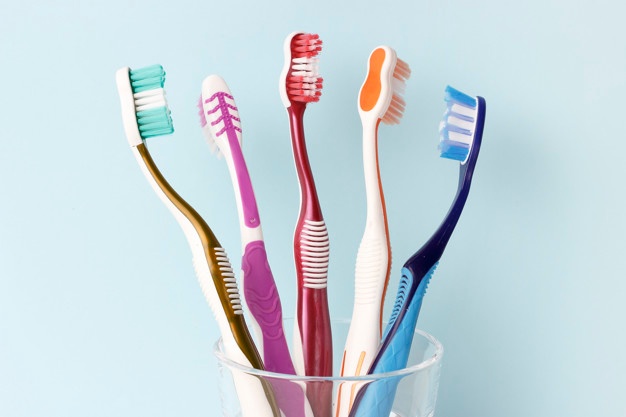
Your toothbrush is one of the most important tools in your oral hygiene arsenal, yet many people forget to replace it regularly. Over time, toothbrush bristles become frayed and less effective at cleaning your teeth and gums. Moreover, an old toothbrush can harbor bacteria and other pathogens, increasing your risk of dental infections.
The American Dental Association recommends replacing your toothbrush every three to four months. Regularly updating your toothbrush ensures that you are effectively removing plaque and maintaining optimal oral hygiene. Make it a habit to mark your calendar or set a reminder on your phone for toothbrush replacement.
Brushing Techniques: Are You Damaging Your Teeth?
It’s not just about brushing your teeth—it’s about how you brush them. Using the wrong technique or applying too much pressure can lead to gum recession, enamel erosion, and other oral health issues. Many people mistakenly believe that brushing harder results in a cleaner mouth, but in reality, gentle brushing is far more effective and safer.
Ensure that you use a soft-bristled toothbrush and a fluoride toothpaste, and adopt gentle circular motions when brushing. The American Dental Association offers detailed guidance on proper brushing techniques. By refining your brushing habits, you can protect your teeth and gums from unnecessary damage and maintain a bright, healthy smile.
Skipping Flossing: The Overlooked Step in Oral Hygiene
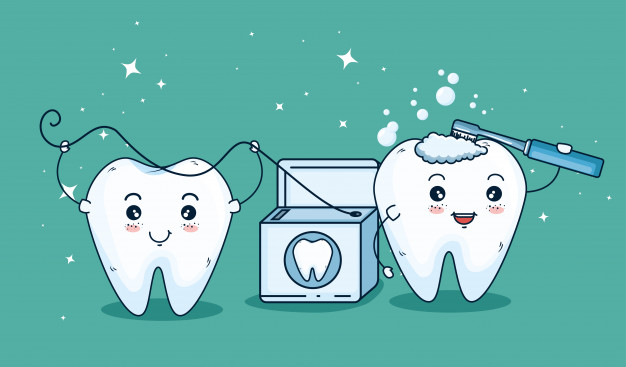
Flossing is an essential part of oral hygiene that many people tend to neglect. Brushing alone cannot remove all the plaque and food particles lodged between your teeth, where bacteria thrive. Regular flossing helps remove these hidden particles, reducing the risk of cavities, gum disease, and bad breath.
If you’re not already incorporating flossing into your daily routine, now is the time to start. For best results, floss at least once a day. Detailed instructions on proper flossing techniques can be found on the American Dental Association website. By making flossing a habit, you’re taking a crucial step towards improving your overall oral health.
Over-Exfoliating Your Face: When Daily Exfoliation Does More Harm Than Good
Exfoliating your skin can help remove dead skin cells and promote a brighter complexion. However, over-exfoliating—especially on a daily basis—can strip your skin of its natural oils, leading to irritation, dryness, and even premature aging. Overdoing it may also compromise your skin’s natural barrier, making it more susceptible to environmental damage and infections.
Dermatologists recommend exfoliating your face only 1-3 times a week, depending on your skin type. For sensitive skin, less frequent exfoliation is usually better. Consider consulting with a dermatologist to find an exfoliation routine that suits your skin’s needs. The American Academy of Dermatology offers expert advice on proper exfoliation practices to ensure your skin remains healthy and radiant.
Neglecting Daily Cleaning of Personal Items: A Hidden Hygiene Hazard
Our daily objects—such as smartphones, keyboards, glasses, and even wallets—are often overlooked when it comes to cleaning. These items accumulate bacteria, dirt, and germs from constant handling and exposure to various environments. Failing to clean these everyday objects can contribute to the spread of infections and allergens.
Incorporate regular cleaning into your routine by wiping down your frequently used items with disinfectant wipes or solutions. For example, the CDC provides guidelines on cleaning and disinfecting surfaces. By paying attention to the cleanliness of your personal items, you reduce the risk of bacterial buildup and create a healthier living environment.
Misusing Fluoride Toothpaste: How to Use It Safely and Effectively
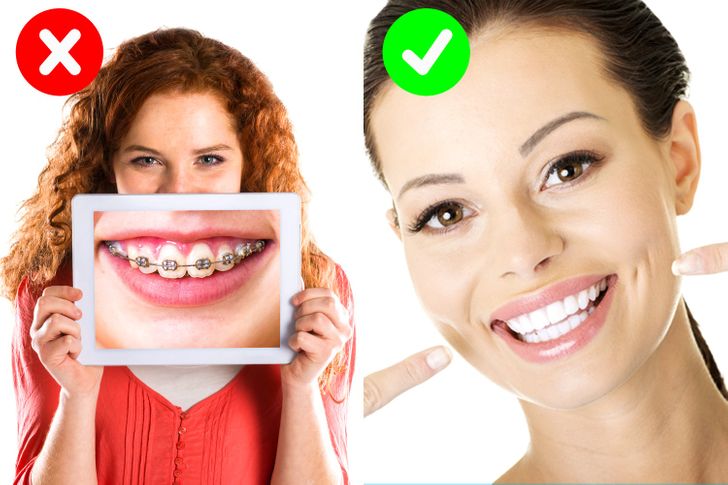
Fluoride toothpaste is a cornerstone of dental care, known for its ability to prevent cavities and strengthen enamel. However, using fluoride toothpaste incorrectly—such as applying too much or using it inappropriately—can lead to dental fluorosis or other health issues, especially in children. It’s important to use the recommended amount of toothpaste (about a pea-sized amount for adults and even less for children) and supervise its use among young family members.
For more detailed guidance on fluoride toothpaste usage, refer to resources from the American Dental Association. Using fluoride toothpaste safely ensures that you reap the dental benefits without the risk of overexposure.
Rethinking Cotton Pillowcases: The Impact on Your Skin Health
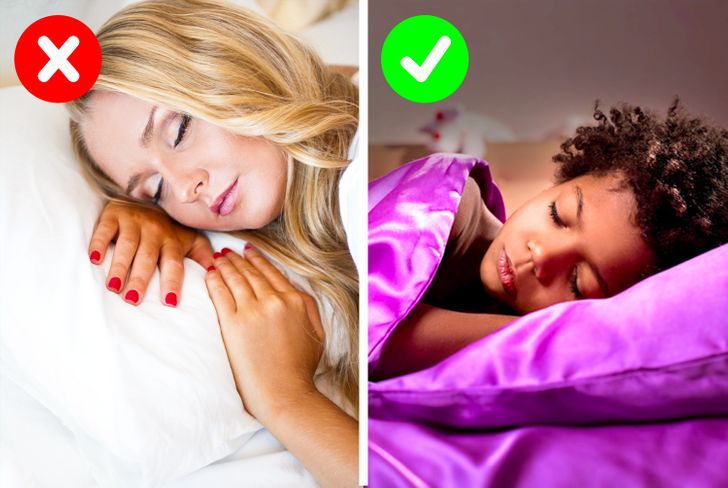
Your choice of pillowcase material can affect your skin health and hair quality. While cotton pillowcases are popular for their breathability and softness, they can also harbor oils, dirt, and bacteria if not washed regularly. This buildup can lead to skin irritation, acne breakouts, and even damage to your hair over time.
Consider switching to materials like silk or satin, which are less likely to absorb moisture and bacteria. Additionally, make sure to wash your pillowcases at least once a week using a gentle, hypoallergenic detergent. For more skin care tips and insights into choosing the right pillowcase, visit Dermstore. By updating your bedding routine, you can promote clearer skin and healthier hair.
Conclusion: Transform Your Hygiene Habits for a Healthier You
Personal hygiene is not just about appearances—it’s a vital part of maintaining overall health and preventing infections. By addressing these 10 common hygiene mistakes, you can significantly improve your daily routine and boost your long-term well-being. Whether it’s stopping the habit of nail biting, using cotton swabs safely, or adopting proper oral care techniques, every small change can make a big difference.
Start by identifying the areas in your hygiene routine that need improvement, and gradually implement the expert tips outlined above. Remember, good hygiene is a lifelong commitment that benefits not only your physical health but also your confidence and quality of life.
For further reading and expert advice on personal hygiene and health practices, consider exploring resources from reputable organizations such as the CDC, the American Dental Association, and the Mayo Clinic. Empower yourself with knowledge and take control of your health by making informed changes to your daily habits.
